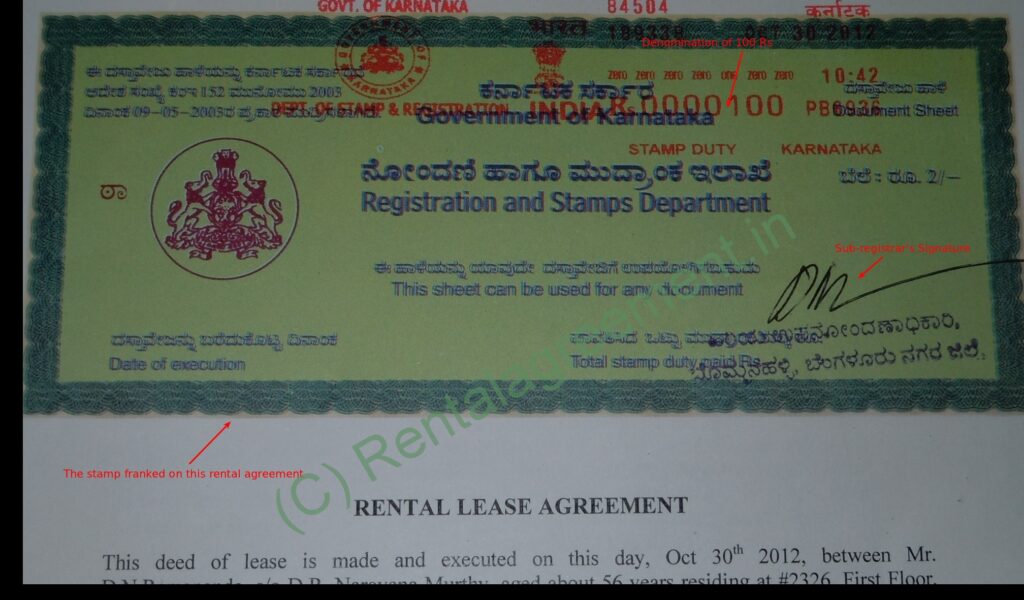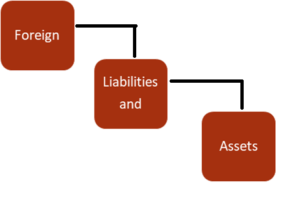What is Franking?
If you have to make a document legally binding, you will need to pay stamp duty charges. Franking is one of the ways of paying stamp duty. This is done to make a document legal.
There are three ways to pay stamp duty: (1) Using the e-stamping facility (2) Using papers bearing impressed stamps (non-judicial stamp paper), and (3) Using a franking machine.
Difference between stamp duty and franking
Stamp duty is a tax that is levied on legal documents. The amount of stamp duty could either be fixed or it could be a percentage of the sale consideration.
It is mandatory to pay stamp duty for a legal document and you can be fined if you don’t pay it. Franking, on the other hand, is a process that is used to stamp the legal document. This is the process used to affix any type of mark or stamp to a paper to indicate that the stamp duty has been paid.
So, while stamp duty is a tax that you pay, franking is the process followed to stamp your papers. Document franking is a process where an authorized bank or a franking agent will place a stamp on your document. This stamp indicates that all the stamp duties have been paid for that document.
How does franking work?
In case you want to frank a document, you need to print the agreement on plain paper. Before executing the agreement (signing the papers), you will have to take it to an authorized bank or franking agency. They will provide you with an application form. You will have to fill the form, pay the stamp duty and get a stamp affixed on the document to indicate the amount of stamp duty paid.
For this purpose, a franking machine will be used. This machine uses a special adhesive stamp to affix the stamp on the document. You can sign or execute the document once the franking is done.
How Document Look after franking?

What are the pros and cons of franking?
- The advantage with franking is that it can be done very quickly if you pay the charges and stamp duty using cash or demand draft.
- Franking agents and banks ask you to pay the franking charges in cash for small amounts and pay order for bigger amounts.
- All authorized agents or banks don’t follow the same rules for franking. The rules may vary between states and also from one agent to another within a state.
- Only limited bank branches of an authorized bank have franking machines.
- You might need to inform the bank well before the transaction is made to ensure that you get the benefit of franking.
- Franking charges differ from one state to another.
- Different state have different agencies, who done the franking.
Disclaimer: The contents of this article are for information purposes only and do not constitute an advice or a legal opinion and are personal views of the author. It is based upon relevant law and/or facts available at that point of time and prepared with due accuracy & reliability. Readers are requested to check and refer relevant provisions of statute, latest judicial pronouncements, circulars, clarifications etc before acting on the basis of the above write up. The possibility of other views on the subject matter cannot be ruled out. By the use of the said information, you agree that Author is not responsible or liable in any manner for the authenticity, accuracy, completeness, errors or any kind of omissions in this piece of information for any action taken thereof. This is not any kind of advertisement or solicitation of work by a professional.
For any further queries and suggestions you can contact me on the mail id
csaadityagarg@gmail.com and on Mob. 8376993605.
Your suggestions and feedback are highly appreciated




